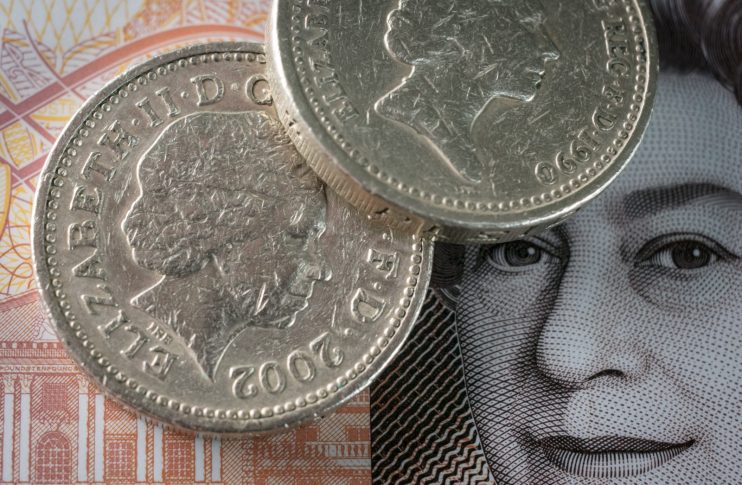Pay no attention to the left-wing brigade, a Covid wealth tax would be a disaster

It is incredible how, in the 12 years since the financial crisis, the position of so many organisations has changed.
In 2008/9, think tanks like the Institute of Economic Affairs (IEA) argued that the British day-to-day deficit required prudent reforms to public spending, while those on the left claimed that there wasn’t a problem and that we should just keep borrowing to spend at the same level.
Today, however, during a once-in-a-generation public spending event — a pandemic — when even we fiscal conservatives at the IEA have released a paper arguing the public finances can cope thanks to long-term debt repayment (what is government debt for, after all, if not to cover this sort of emergency spending?), many of those on the left are now suggesting that such debt is an urgent problem that can only be solved through huge tax rises on “the rich”.
The Wealth Tax Commission released a report this week which, perhaps unsurprisingly, calls for a massive, one-off confiscation of personal wealth and property. Its authors hope that this will raise approximately £250bn over five years, through a five per cent tax on the net wealth of individuals over £500,000, including residential homes and pension pots.
The plan is naturally pernicious for anyone who believes in private property rights and fairness in taxation. While on the surface it might seem moderate, the results could be devastating — for individuals, and for the UK economy as a whole.
First, the proposals make no effort to consider the state of an individual’s finances over that five-year period. If you are eligible to pay the tax the first year, you keep paying the same amount for the next four years — regardless of what happens to your wealth during that time.
There are also numerous questions as to whether the tax would even raise the £250bn that is claimed. The current use of debt by the super-wealthy for tax purposes would likely make their wealth pots much harder to plunder than wealth tax supporters think.
The valuation of assets will almost certainly be harder than is assumed too. Indeed, the Inland Revenue Service in the US routinely finds that the value of the assets of super-wealthy families comes out up to 50 per cent lower than expected, leaving large holes in expected revenue.
Finally, there are administration costs to consider, including those of sending Whitehall inspectors to argue the valuation of elderly Mrs Miggins’ antique drawers and jewellery. Admittedly, these costs are a larger problem for ongoing rather than one-off wealth taxes, but they were a major reason why wealth taxes were abandoned in three quarters of the European nations that had them in 1990.
And even if the tax did bring in the claimed £250bn over five years, the downstream effects on growth and other taxes would be disastrous. What business adviser could recommend a wealthy citizen move to a country that has such a penalising tax? How could they guarantee that this “one-off” raid didn’t become a regular feature of the tax structure?
We are, after all, still paying the “emergency” income tax introduced to win the war against Napoleon. New taxes have a nasty habit of sticking around.
The top one per cent in this country are already responsible for almost a third of our income tax take. If a significant share of them were to move their funds off-shore, instead of “long Covid” we could find ourselves with a bad case of “long wealth tax”.
Main image credit: Getty